“He’s still at his mother’s tit”. We have all probably already heard this funny, somewhat vulgar, phrase referring to a mama’s boy at least once in our lives. Besides the jovial spirit, such expressions own a great intrinsic value. It witnesses, in fact, to an ancestral spirit and the importance of a mother’s breast for every member of humanity. It’s not by chance that human milk has been considered the ideal food for the newborn since the beginning of time. But often, breastfeeding may be problematic due to quantitative reasons, such as low milk production, and quality, with some diseases that affect the composition and nutritional value of milk. Furthermore, each mother has to struggle each day with prejudice and misconceptions related to public breastfeeding1.

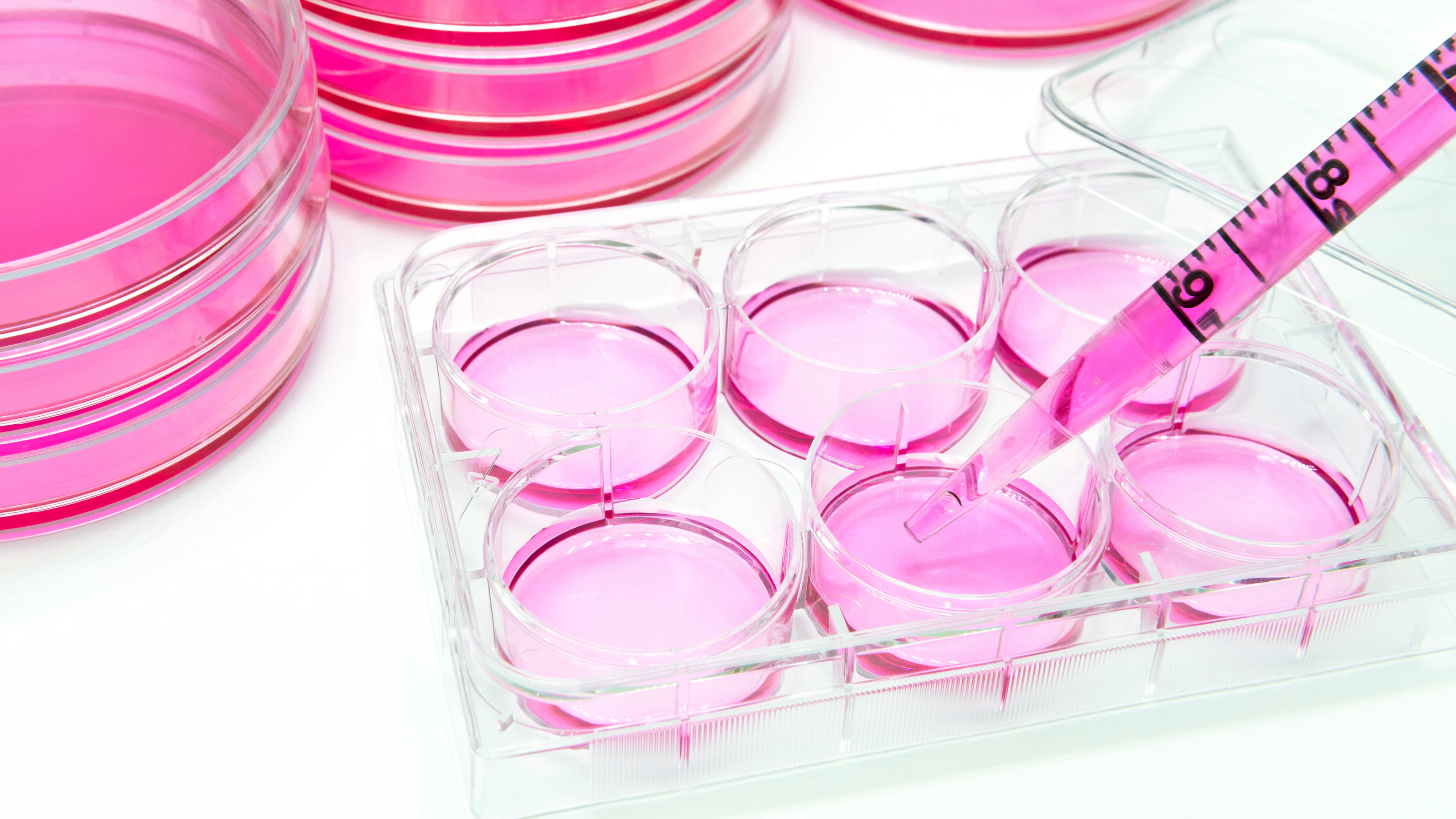
The food industry has already given us the magical solution, milk powder, that has a significant water and carbon footprint. What to do in this case? Is it possible to get a perfect substitute for mother’s milk, which is absolute, natural, and with a reduced environmental impact? It is possible, thanks to technology, of course. We’ve already discussed the plant-based revolution and, as we’ll see, foodtech has moved forward in leaps and bounds with the alternative protein environment. So much so, that in some cases, such as cell-based technology, we can easily talk about “deep-tech” or even “deep-foodtech”.


In particular, June 2020 could probably be remembered as “cell-based milk” month, thanks to the seed rounds closed by two startups, both founded and managed by women. Uncommon expressions of girl power THE PRINCE AND THE TURTLE On 24th June, startup TurtleTree Labs of Singapore announced the closing of a $3.2m seed round, which came from Green Monday Ventures, Artesian, New Luna Ventures, CPT Capital, and KBW, the venture capital firm founded and managed by vegan Saudi entrepreneur and investor Prince Khaled bin Alwaleed bin Talal Al Saud.
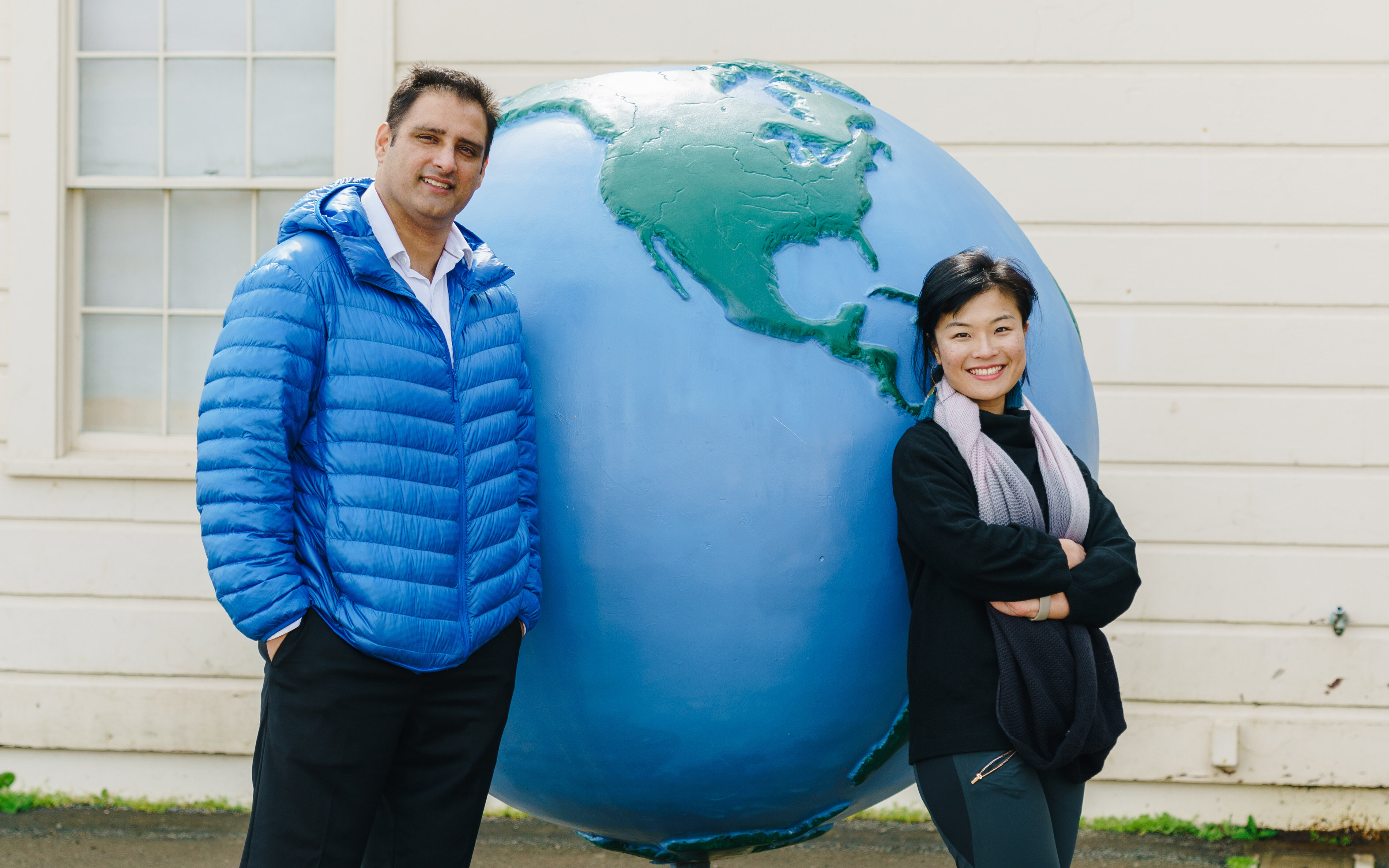
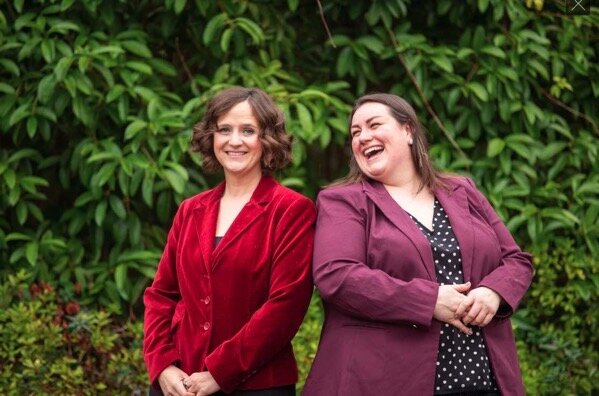
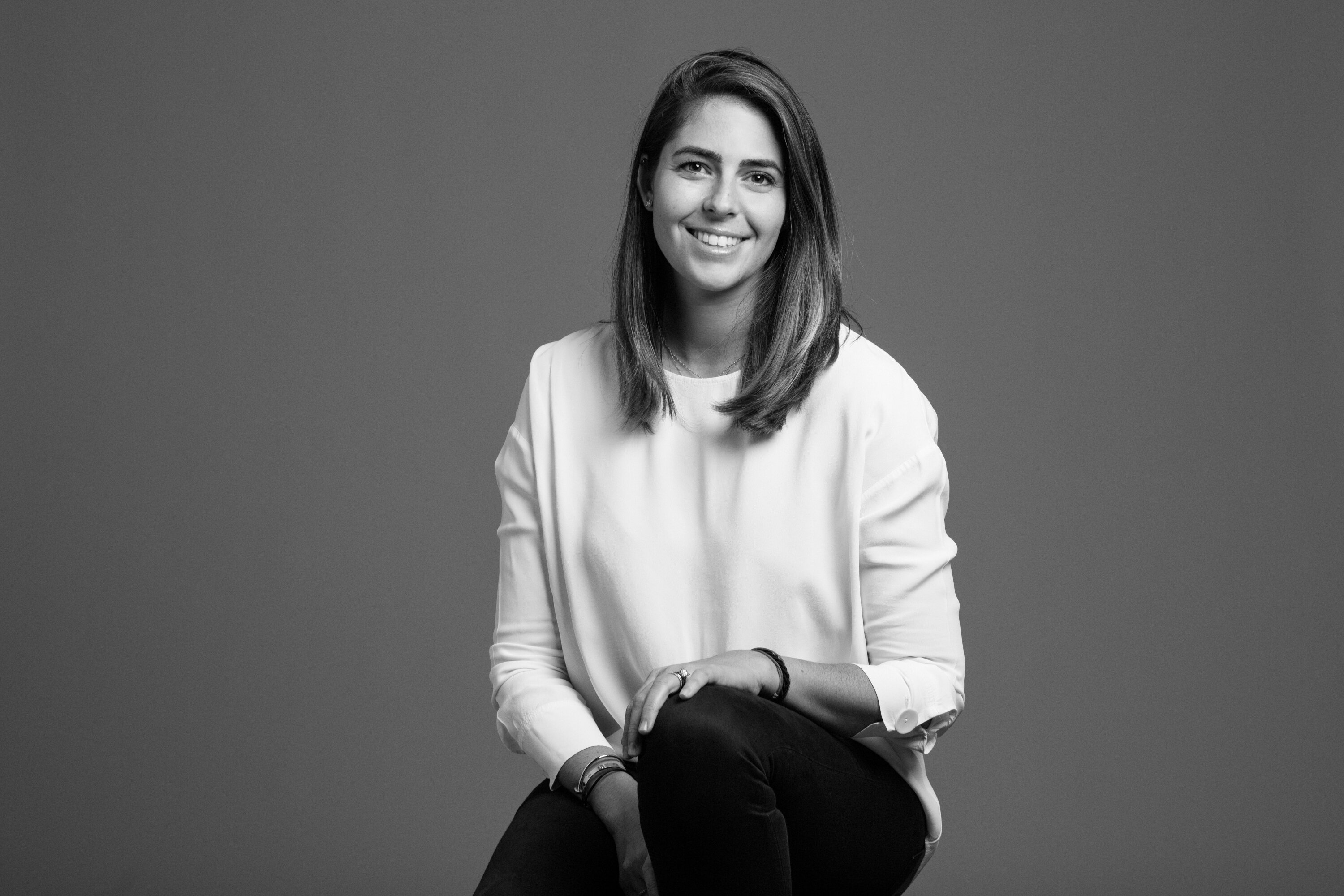
(Fengru Lin and Max Rye, TurtleTree Labs co-founders with Prince Khaled Bin Alwaleed - Image credit: KBW Ventures) TurtleTree labs has developed a revolutionary patent-protected technology, that can create mother’s milk in its laboratories through cultivation in reactors of mammalian cells.



Fengru Lin, co-founder and CEO, tells us more about the technology: "We start off the process with cells that we can get from various sources including from the milk itself, then multiply these cells, after which we put them in our in-house special lactation media - which is a liquid of various components that is naturally present in the living mammals. The cells then convert this lactation media into milk. Using the cell-based approach described above can allow us to create the complete milk as we are mimicking the environment that is present inside the living mammals". 1. Accessing technological resources to accelerate our development: 2. Bioreactor design and development 3. Pilot plant activities Post-Funding Action Points: 1. Focus on designing and building our prototype bioreactor 2. Build a 5L bioreactor by end of year 3. Pilot plant design and location" Clear ideas even on go-to-market strategy: "We are looking at licensing our technology to dairy conglomerates and co-developing SKUs with them. Once we have a licensing agreement signed, we will work closely with our partners and then have a better idea as to the timeline to see our products in the market". FROM MOTHERS FOR MOTHERS Let’s move overseas and go back two weeks for the $3.5m seed round close by Biomilq, a US startup that is also active in a cell-based environment. “We’re women-owned, science-led and mother centered” is the phrase that stands out on the startup’s website. And the issues and the problems experienced by mothers in breastfeeding are the reasons that drove Leila Strickland and Michelle Egger to launch Biomilq.
Fengru goes on explaining how the money raised will be used
"Funding plans:



(Leila Strickland and Michelle Egger, co-founders of Biomilq) The patent-pending Biomilq technology allows the creation in the laboratory of breastmilk with the same composition and more than 2,500 components, but at the same time a reduced environmental impact, compared to the “original”. We reached Leila Strickland, co-founder and CSO, to know more about the technology "The majority of the molecular components of milk are synthesized by a particular cell type that resides inside the mammary gland and can be readily grown in culture. These cells have been optimized through millions of years of evolution to produce the perfect constellation of molecules to specifically support the growth and development of each mammalian species. Initially working with my husband as 108Labs in 2013, I developed a method for producing milk outside the body that leverages the inherent behaviors and properties of these cells. Our technology supports high-density cell culture to replicate the conditions within the mammary gland, allowing the uptake and bioconversion of metabolic precursors into the components of milk, and the collection of this nutritionally complete product under sterile conditions". How will the money raised be used? Which project do you have for the future? "We are using this investment to build out our scientific team to optimize our process and scale our production. This work involves integrating the cells, the culture media, and the device into a scalable system". How long should we wait to see cell-based milk on supermarket shelves at an affordable price? "We recognize that the use of cell culture to make human milk as an infant feeding option is an entirely novel proposition and that our products will be met with warranted scepticism from regulatory bodies, physicians, and parents. Therefore, beyond the technical hurdles of developing a scalable product, we expect to perform rigorous safety and efficacy testing of in animals and adult populations before marketing it as an infant food. Between product development and testing, we don’t see cultured breastmilk on store shelves any time soon". Investors for aforementioned Biomilq round include Breakthrough Energy Ventures, Purple Orange Ventures, famed entrepreneur Shazi Visram, and Blue Horizon Ventures. Mariana Gonzalez, Investor Relations and Associate at Blue Horizon Ventures has agreed to discuss about the round and the future strategy of the company related to cell-based startups.
A LONG-TERM VISION



Mariana, considering the time to market for cell-based products, your investment in Biomilq witnesses to a long-term investment strategy of Blue Horizon Venutres, different by the usual 4/7 years time frame of venture capital, is it correct?“ At Blue Horizon Ventures we aim to have a diversified portfolio. For companies that specialize in cellular agriculture, I agree that go to market with a commercially viable product will take longer than other CPG companies, having said that, each day we see more and more advances in technology as well in regulatory discussions which will make the environment more favourable for cell based companies”. What are the features and elements that drove Blue Horizon Ventures in investing in Biomilq? “Breastfeeding, as you said in your introduction, is not always an available option for new parents, the WHO recommends exclusively breastfeed infants for the first six months of age. Biomilq addresses this pain point and aims to give parents the option to provide human milk to their children. Another important point that attracted us to Biomilq is their strong female founding team” Will you be even more focused on cell-based technology? “Our main goal in Blue Horizon Ventures is to invest into companies that are transforming the current food system towards animal free products, by changing animal protein to plant based proteins or by cellular agriculture technology. We have dedicated allocation for cell-based technology”. IS THE MARKET READY? Last but not least, we reached another foodtech warrior Sharon Cittone, former Chief Content Officer and soul of Seeds&Chips, now Innovation Management Advisory at Deloitte and Mentor at FoodTech Accelerator, to have her opinion on this cell-based revolution.
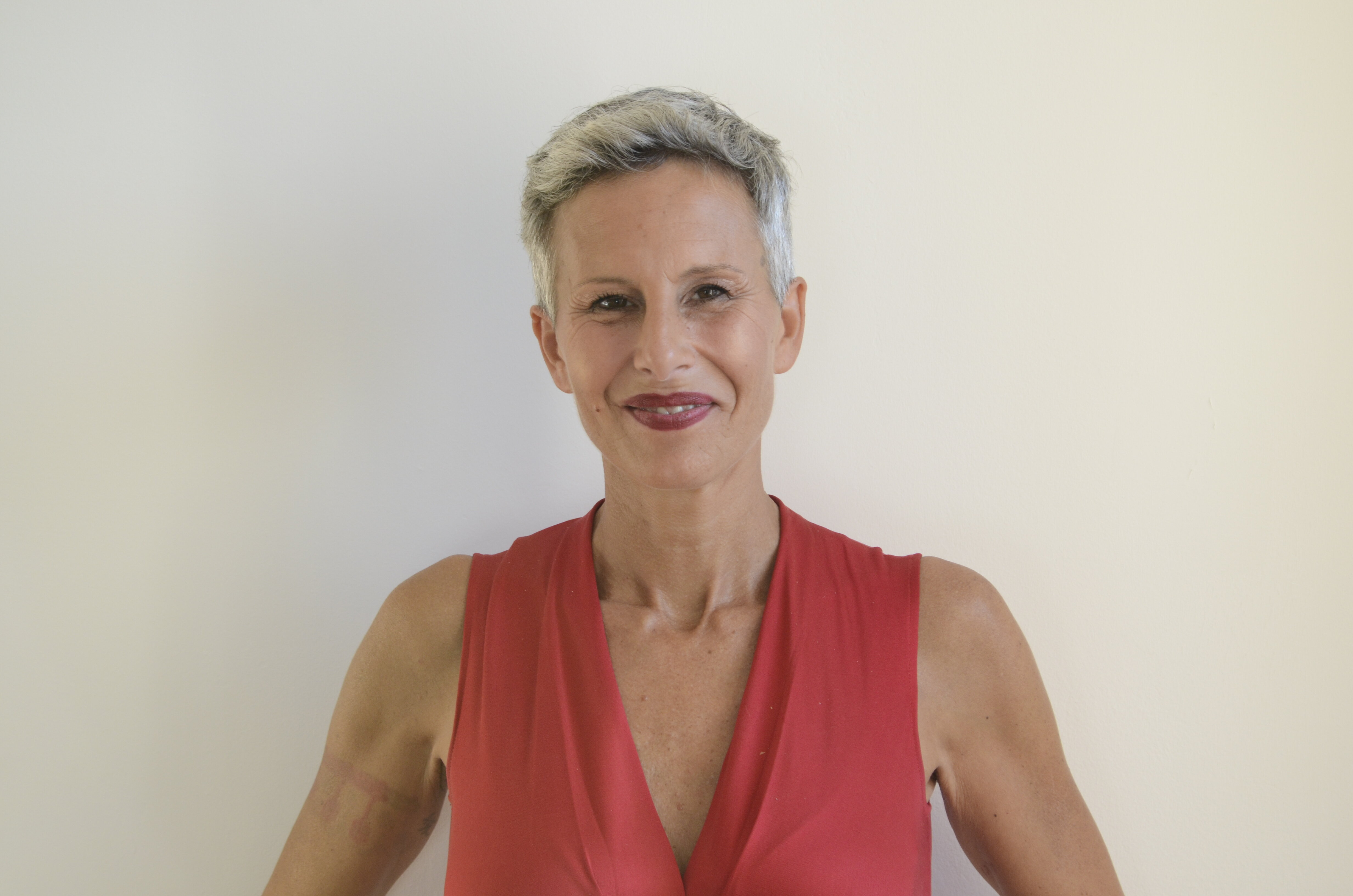
Sharon, how the market will react to cell-based products? Even the plantbased was permeated by a general scepticism. "Does it still feel a bit odd to think about eating meat grown in a lab? Perhaps, and it may feel that way for some time to come. The good news is that people are gradually overcoming their reluctance and are increasingly more willing to try cell-based foods. Once consumer confidence and production capabilities converge, we could be looking at one of the most significant shifts in the history of the food system. Confronting the stigma of lab grown protein is a daunting task, and one that will take a fair amount of creativity in marketing for the companies involved. That said, there are plenty of very valid reasons for transitioning to cell-based proteins, and increased consumer awareness both of the present state of animal agriculture and its unsustainable future make for a compelling argument go cellular. Therefore, as much as we might bristle at the idea of our dinner percolating in a petri dish, we are instead entering a new phase of transparency in the relationship between producer and consumer, which can only benefit the entire system. As we move towards CellAg we may find ourselves moving away from the myriad unidentifiable substances that make up a significant portion of the food we eat, regardless of our awareness or consent. Clearly, our food system is rife with chemical shortcuts and adulteration. Making the conscious choice to consumer products made from cellular agriculture does not just change our system; it changes our agency within the system". The plant-based, now widely accepted at a global level, could be considered even as a market forerunner for cell-based products? "Plant based products are certainly not ‘new’, but they have dramatically changed in taste and texture over the years and paved the way for the protein revolution. Moreover, it is anticipated that many consumers will shift to an animal free food diet overall. I personally do see them as very complimentary to one another, expanding choices for consumers as well as for producers. The alternative protein market is booming on all fronts. More than ever before, we have seen an incredible spike in both investments and startups and developing a wide range of products that are not only better sources of protein, but also taste delicious. Most importantly, the world is moving towards a cleaner future, and our food system must reflect that. The growth and innovation of this area has the potential to transform a vital sector of the global food chain, and we must embrace it in order to move beyond our dependence on industrial agriculture". Let’s close with a rethorical question, are you happy about girl power in alternative proteins environment? "The past few years we have seen an unprecedented wave of women founders in the space of food innovation in general, but the data around women in cell ag is quite incredible. In a 2019, Agfunder whitepaper it was reported 66% of cultured meat startups had at least one female founder and 10% were all women founders. Having said this, my gender still faces smaller investments,, more distrust and doubt overall. To give you a few figures from MWOMA in the alternative food space only 10% of the deal volume between 2013 and 2018 was given to female led companies. This is still a problem overall in any sector unfortunately, regardless of results". Girl power rules.
